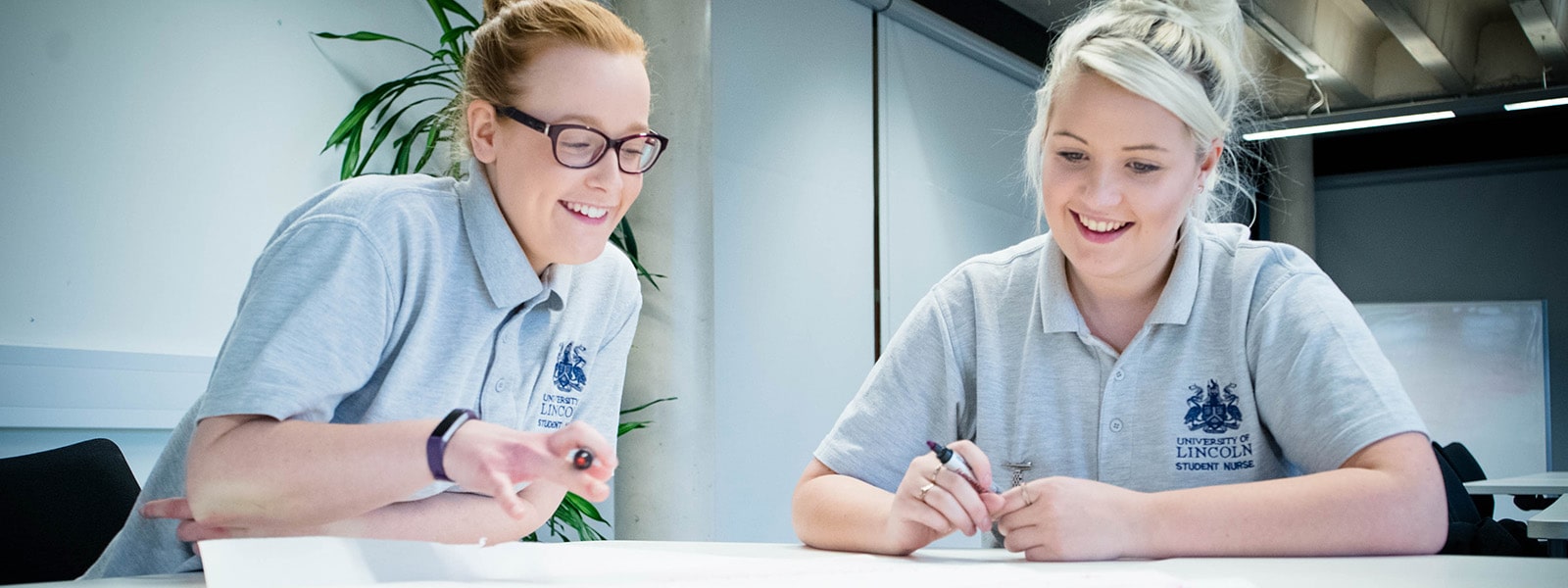Entry Requirements
104 UCAS Tariff points from a minimum of 2 A Levels.
International Baccalaureate: Pass Diploma from a minimum of 2 Higher Level subjects.
BTEC Extended Diploma: Distinction, Merit, Merit or equivalent.
Access to Higher Education Diploma: 45 Level 3 credits with a minimum of 104 UCAS Tariff points
T Level: Merit
A combination of qualifications which may include A Levels, BTEC, EPQ etc
Applicants will also need three GCSEs at grades 4 or above, which must include English, Maths and Science. Equivalent Level 2 qualifications may also be considered.
The University accepts a wide range of qualifications as the basis for entry and do accept a combination of qualifications which may include A Levels, BTECs, EPQ etc.
We will also consider applicants with extensive and relevant work experience and will give special individual consideration to those who do not meet the standard entry qualifications.
Other requirements include:
- EU and International students whose first language is not English will require English Language IELTS 6.5 with no less than 5.5 in each element.http://www.lincoln.ac.uk/englishrequirements
- Successful performance at an interview
- Knowledge of contemporary health and social care issues, and the nature of nursing in a public health context
- Understanding of written material and can communicate clearly and accurately in written and spoken English
- Resident in the United Kingdom for at least three years
- Satisfactory completion of Occupational Health Check
- Satisfactory completion of an Enhanced Disclosure from the Disclosure and Barring Service (DBS) (formerly the Criminal Records Bureau (CRB)).
When you choose Social Work Practice in your UCAS application, you will be asked an additional question regarding criminal convictions. Here you must declare all spent and unspent criminal convictions including (but not limited to) cautions, reprimands, final warnings, bind over orders or similar and details of any minor offences, fixed penalty notices, penalty notices for disorder, ASBOs or VOOs.
Further information can be found at http://www.isa-gov.org.uk.
If you would like further information about entry requirements, or would like to discuss whether the qualifications you are currently studying are acceptable, please contact the Admissions team on 01522 886097, or email admissions@lincoln.ac.uk.






